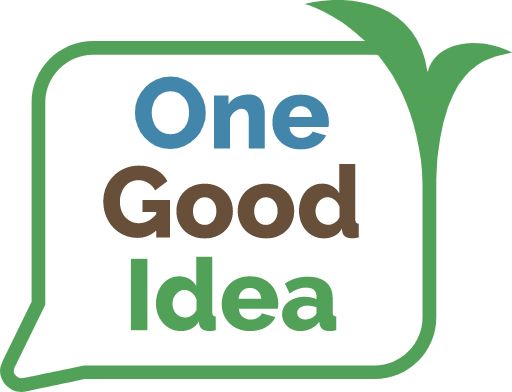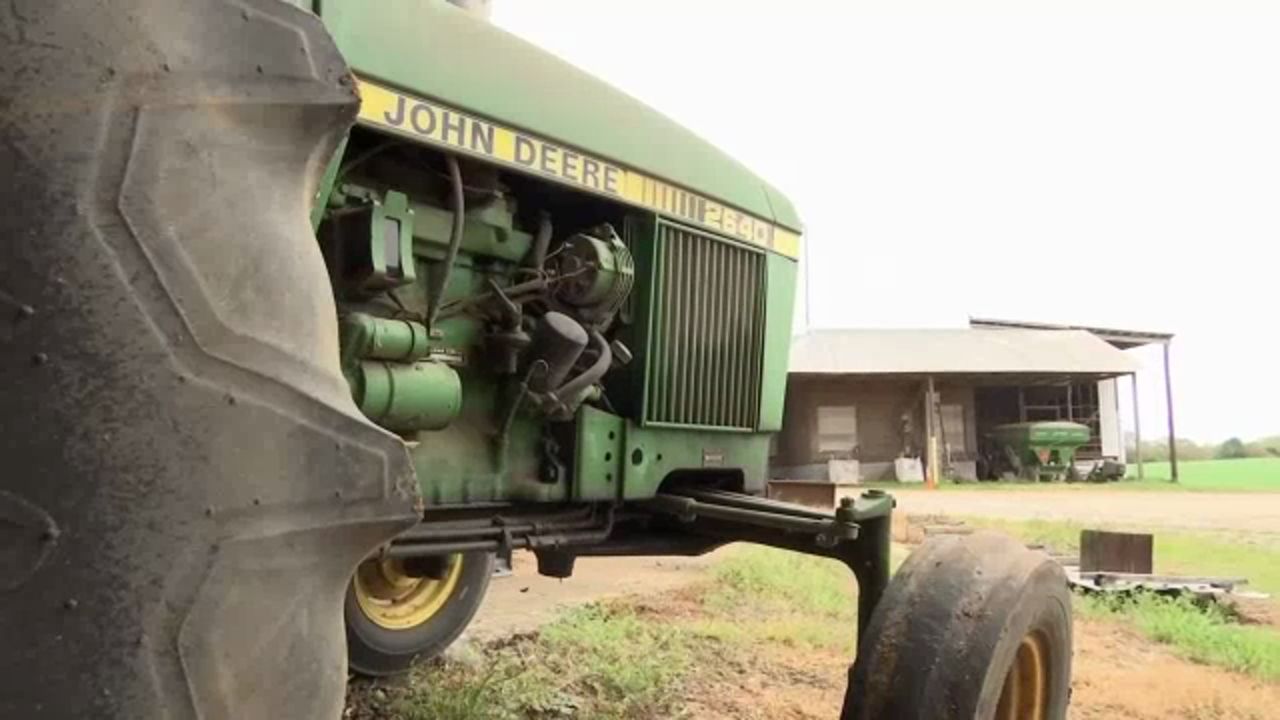LEXINGTON, Ky. — The University of Kentucky College of Agriculture, Food and Environment has joined several other land-grant institutions to offer an online platform assisting farmers looking to improve on-farm practices.
What You Need To Know
- Website is partnership among several land-grant institutions
- One Good Idea increases farmer-to-farmer learning about methods to improve soil, land and finances
- Topics cover subjects such as cover crops, conservation tillage, rotational grazing and nutrient management
- One Good Idea offers videos and podcasts that feature farmers’ ideas and experiences
Along with Mississippi State University, the University of Wisconsin-Madison, the University of Arkansas and the University of Illinois, “One Good Idea” allows farmers to access and submit videos and podcasts aimed at getting started and being successful with soil health and regenerative practices.
One Good Idea increases farmer-to-farmer learning about methods to improve soil, land and finances. Subjects of topics include cover crops, conservation tillage, rotational grazing and nutrient management.
Cody Rakes, 28, is director of farm and land at Loretto Motherhouse Farm, an 800-acre piece of property in Nerinx, Kentucky, that has been home to the Sisters of Loretto since 1824. The University of Kentucky graduate was one of a handful of farmers involved in the design and implementation of One Good Idea.

“The purpose was for farmer education,” Rakes said. “Through a series of conversations, it kind of morphed into farmers needing a clearinghouse basically, for conservation ideas and conservation practices. There were several extension folks, some industry folks and three farmers that were really involved in nailing this all down. We just put our heads together and thought about what farmers are looking for? What do farmers need to aid them in adopting conservation practices that are going to benefit the watershed, particularly the Mississippi River Basin watershed. But it’s going to have far-reaching implications beyond that, so we also kind of prioritized soil, air, finances and some of the hot topics that are going on in the agricultural world right now.”
One Good Idea offers videos and podcasts that feature farmers’ ideas and experiences with practices that are helping them improve their soil, land and bottom lines — such as cover crops, no or low-till, rotational grazing and buffer strips, to name a few. It is where farmers can learn from farmers and non-farmer experts about how to be successful with these practices. Extension professionals then verified these submissions to ensure validity before being posted to the website.
“It really is serving as a kind of public library, and for lack of a better explanation, for resources for farmers,” Rakes said. “The really interesting thing about it is that most of the content is produced by farmers. So there’s a review process for things to be put on there. We have a list of content creators that are kind of pre-approved, so their content is immediately accepted into the One Good Idea website. There are groups like the Practical Farmers of Iowa and the Conservation Cropping Systems initiatives. But the other component to it is that when you come to the website, you’ll see where we’re asking you to share your ideas and submit your ideas. So we’re asking people that are coming to the website that are getting some value from it, to kind of give back and share their ideas, and it can be simple.”
To further promote idea sharing among producers, One Good Idea is running a social media campaign with the hashtag #WhatsYourGoodIdea on Facebook and Twitter. Gumbert is encouraging farmers and agriculture industry professionals, such as extension agents, farm advisers and conservation professionals, to take part.
Funded by the U.S. Environmental Protection Agency, One Good Idea began on a rain-soaked February day in an equipment barn in northern Mississippi. A group of farmers and extension specialists were convened for a field day and trying to stay dry, while the host farmer, Andy Schmidt, fielded questions about how he covers crops and no-till on his farm.
One farmer in the audience asked Schmidt how he figures out what to do without getting overwhelmed by all the things there are to learn, and he replied whether he’s at a field day, listening to speakers, or doing on-farm research, he tries to pick up and implement one good idea.
“Farming is a community thing,” Rakes said. “You know, the other word to describe farming is agriculture, and the last part of that word is culture. It really is a community thing. You can’t farm as an island — you’d be detrimental to yourself to do that. So farmers are trying to figure out things. We’ve got to be creative and we’re all about not trying to reinvent the wheel if we don’t have to. If somebody else has already figured it out, we’re hoping that they’re going to share it with us. If we figure something out, we’re going to share it with other people, too.”
A team of extension specialists and farmers developed One Good Idea in the Midwest and mid-South. Its goals are to help farmers learn from each other about soil and water stewardship practices and to ensure they get credible information.
“We know how valuable it is to learn from someone who has been there and done that, and to get the information you can trust,” said Jenny Seifert, watershed outreach specialist at the University of Wisconsin-Madison. “Our vision is for every farmer to be successful and profitable with these practices.”
Visit www.goodideafarm.org for more information.



